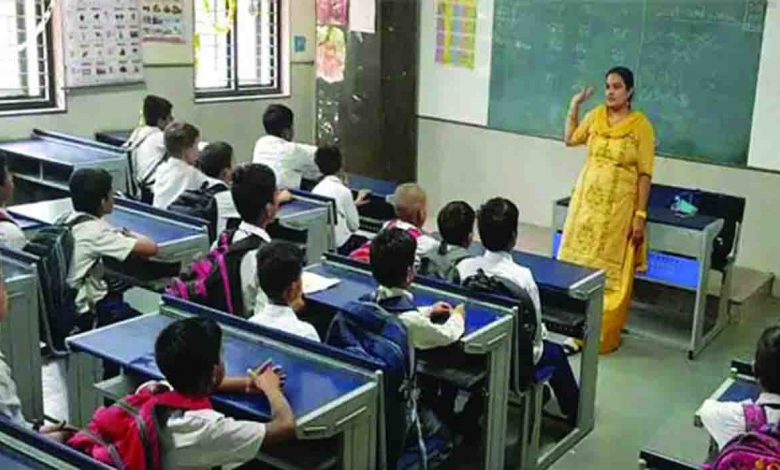Uniform code for educational bodies

Thursday, 25 November 2021 | Biju Dharmapalan
In private colleges, there are no uniform rules in salary structure or promotions
The so-called quality maintained by private schools is only in physical infrastructure and English communication promotion and not at the intellectual level. Good quality education can be provided even in open spaces. The digital revolution in education that happened during the pandemic has made the physical structure of schools irrelevant. It is the willpower and dedication of teachers that matter. However, teachers are not paid well in most private schools and the COVID situation has made things worse for them as they have to do extra duty without additional pay. Across the country, private school teachers are the lowest-paid. There is no job security also as any time managements can dismiss teachers if they are not complying with the management rules. The situation in the higher education sector is no different. During the pandemic time, hundreds of teachers were made to resign from private colleges and universities. Even otherwise in private colleges, there are no uniform rules in salary structure or promotions. Many private institutions are recruiting people who do not meet required qualifications. These private institutions just need a workforce that would just obey them. There are also private aided colleges that take hefty donations for the recruitment process. Teachers working in all private higher education centers are not satisfied and their dissatisfaction is transferred to the students through their teaching. Recently, the Kerala legislative assembly passed a landmark Kerala Self-Financing College Teaching and Non-Teaching Employees (Appointment and Conditions of Service) Bill, 2021, that puts in place a law to guarantee service conditions for employees in private colleges. The legislation, which had been recommended by the Kerala State Higher Education Council, is being viewed as one that would standardize rules to ensure service conditions for those employed in the unaided sector. Even though this is a progressive step in removing the perils of higher education, one area of concern is the special privilege mooted for minority institutions. In Kerala, most of the private colleges are managed by minority communities and over-exploitation of teachers happens in these centers. As per the privileges enjoyed by the minority institutions, government cannot completely control them. The private medical and dental colleges run by these agencies rarely provide a full stipend for students as per government norms. In some cases, PG students have to return the stipend that is credited into their account, fearing backlashes by management. The staff members from the management side, usually from the same community, get undue favours and members from other communities are harassed mentally and curtail their professional advancement. The unhealthy atmosphere prevailing among the teachers is transferred to students and the whole system gets vitiated.
When an educational institution is managed by the fees and donations from students and teachers belonging to other communities, how can an institution claim special minority status? If they want to enjoy that status they should teach students from their community alone, and also recruit teachers from the same community. Even in private government-aided educational institutions managed by minority communities (even non-minority also) teachers are recruited after taking lakhs of rupees as donations. This is an open secret and none of the political parties have the courage to take on these managements, fearing backlash in elections. In such a situation we have to appreciate the effort taken by the government of Kerala. However, it would be hard to see how the government will implement the new bill effectively in institutions enjoying minority status. It is high time we develop a nation-wide common law controlling the functioning of private schools and colleges, for education is common for everyone, irrespective of class, gender, or racial discrimination.
(The writer is a popular science writer and academician. The views expressed are personal.)






